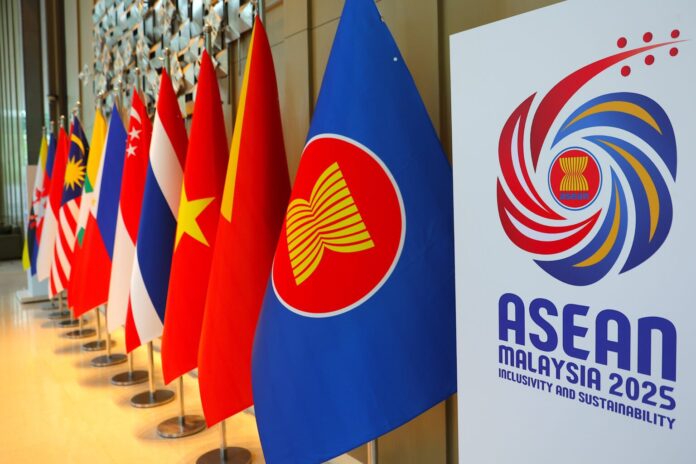ASEAN member states must be united to cope with US customs, Hassan said.

Southeast Asia countries must accelerate regional economic integration, diversify their markets, and unite to cope with the effects of global trade disorders caused by the US mass increase, Malaysian Foreign Minister Malaysian Foreign Minister Malaysian Foreign Minister Malaysian Foreign Affairs. (ASEAN).
– The countries of ASEAN are among the most severely affected by US -imposed customs. The trade war between the United States and China dramatically violates global models of production and trade. It is likely to lead to a slowdown in the global economy, Mohammed said.
He added that the moment should be used to deepen regional economic integration in order to protect the region from external shocks.
ASEAN countries, many of which depend on US exports, are strongly affected by customs imposed by President Donald Trump’s administration, ranging from 10 to 49 percent. Six of the 10 ASEAN member states are among the most severely affected by customs, ranging from 32 to 49 percent.
After Trump released a 90-day suspension of customs last month, ASEAN failed to hold an initial meeting with the United States, but Malaysia, Indonesia, Thailand and Vietnam launched trade talks with Washington.
The foreign ministers’ meeting is preceded by the ASEAN Summit scheduled for tomorrow in Malaysia, which chairs the bloc. Chinese Prime Minister Li Kechiang and leaders of the Persian Gulf Cooperation Council are expected to attend the summit on May 27, which includes Bahrain, Kuwait, Oman, Qatar, Saudi Arabia and the United Arab Emirates.
ASEAN is an organization for political, economic and cultural cooperation between Southeast Asia countries, established on August 8, 1967, at the initiative of Indonesia, Malaysia, Philippines, Singapore and Thailand. Later they are joined by Brunei, Cambodia, Laos, Myanmar and Vietnam. ASEAN holds a summit every year, and communication takes place in English.




/s3/static.nrc.nl/images/gn4/stripped/data131554944-9278a6.jpg|https://images.nrc.nl/ktR1DFV5TJSfQogyMXxdmdsR6HU=/1920x/filters:no_upscale()/s3/static.nrc.nl/images/gn4/stripped/data131554944-9278a6.jpg|https://images.nrc.nl/XL_xzz6BjwQeu4xQGG2OnVRyXqs=/5760x/filters:no_upscale()/s3/static.nrc.nl/images/gn4/stripped/data131554944-9278a6.jpg)

